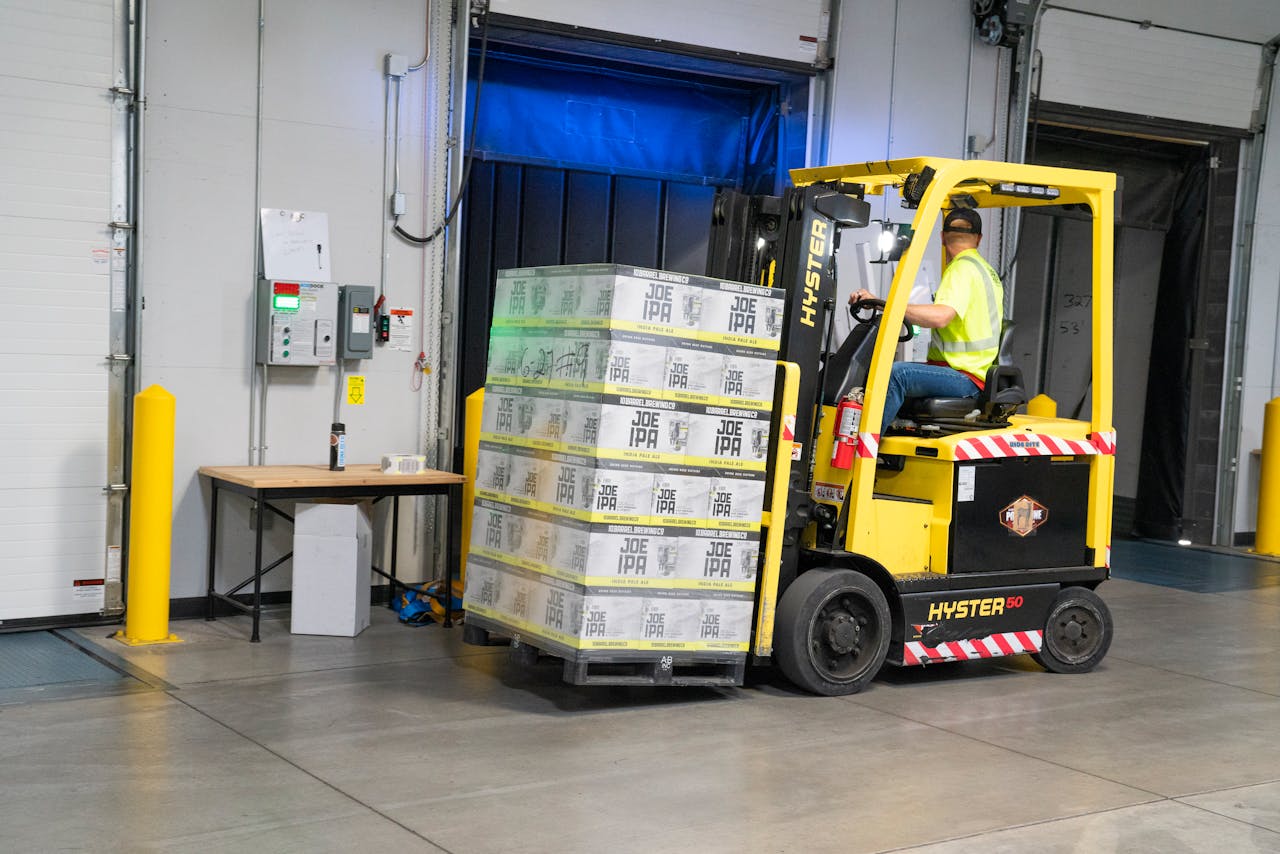Dealing with lost or damaged shipments can be frustrating and costly. However, with a clear plan in place, you can minimize the impact and resolve issues efficiently. Here’s a step-by-step guide on how to handle lost or damaged shipments:
Lost Shipments:
- Track the Shipment: Use tracking numbers to locate the shipment and determine its status.
- Contact the Carrier: Reach out to the carrier or shipping company to report the lost shipment and request an investigation.
- File a Claim: If the shipment is confirmed lost, file a claim with the carrier, providing detailed documentation, including:
- Tracking number
- Shipment contents and value
- Proof of delivery or attempted delivery
- Follow Up: Regularly follow up with the carrier to ensure the claim is being processed and to get updates on the status.
Damaged Shipments:
- Document the Damage: Take photos or videos of the damaged shipment and contents.
- Notify the Carrier: Inform the carrier or shipping company about the damage as soon as possible.
- File a Claim: Submit a claim to the carrier, including:
- Photos or videos of the damage
- Description of the damage
- Shipment contents and value
- Proof of delivery or attempted delivery
- Keep Records: Retain all documentation, including receipts, invoices, and communication with the carrier.
Prevention is Key:
- Proper Packaging: Ensure shipments are properly packaged and secured to prevent damage during transit.
- Clear Labeling: Use clear and accurate labeling to prevent misrouting or misdelivery.
- Tracking and Monitoring: Regularly track and monitor shipments to detect potential issues early.
- Insurance: Consider purchasing shipping insurance to protect against loss or damage.
Best Practices:
- Communicate with Customers: Keep customers informed about shipment status and any issues that arise.
- Maintain Records: Keep detailed records of shipments, including tracking numbers, delivery attempts, and communication with carriers.
- Review Carrier Performance: Regularly review carrier performance and adjust shipping strategies as needed.
By following these steps and best practices, you can minimize the impact of lost or damaged shipments and ensure a smooth shipping experience for your customers.



